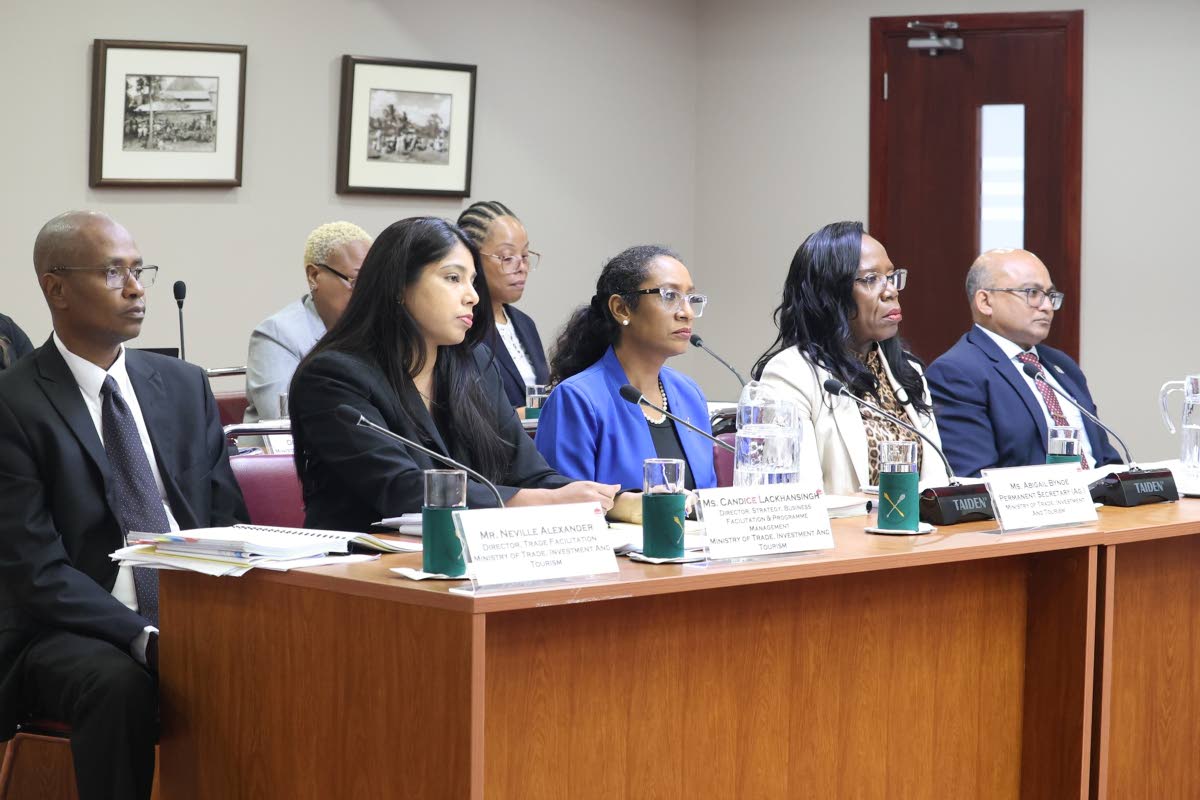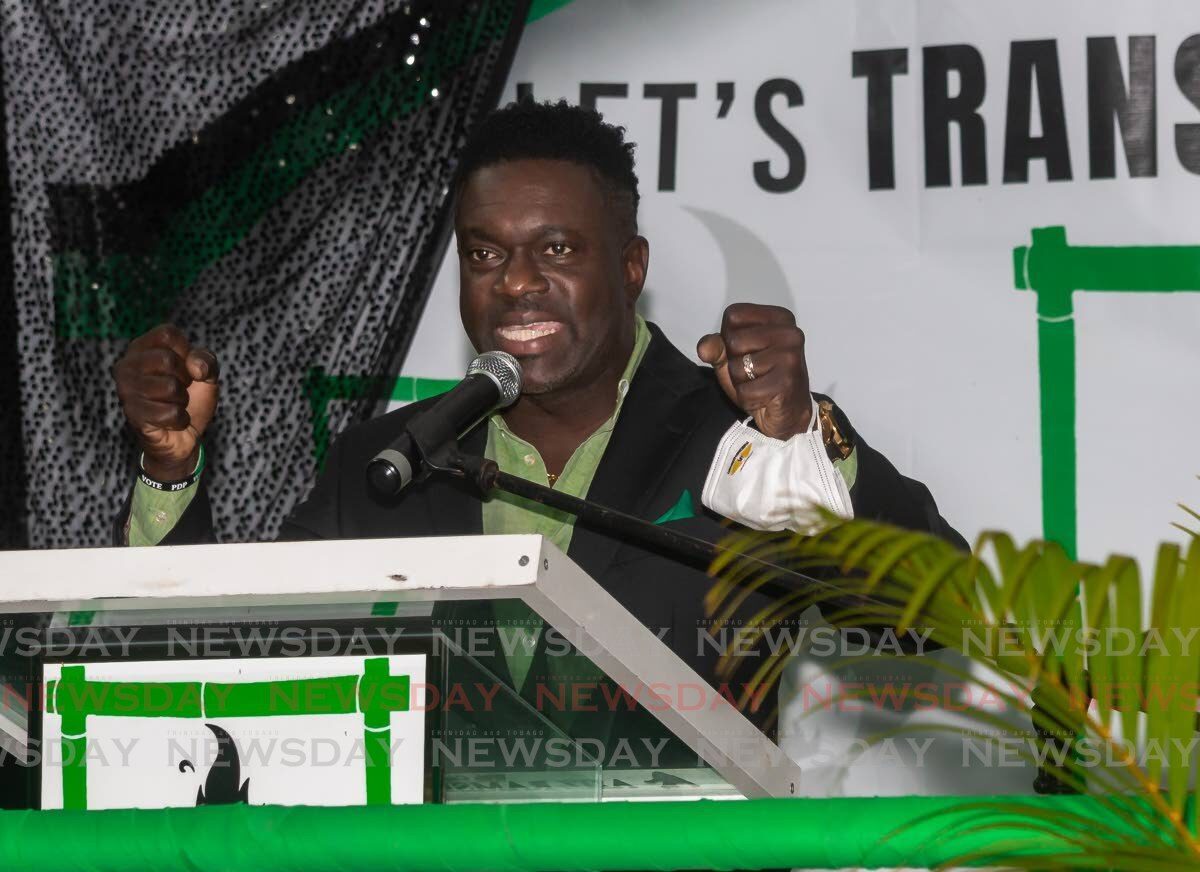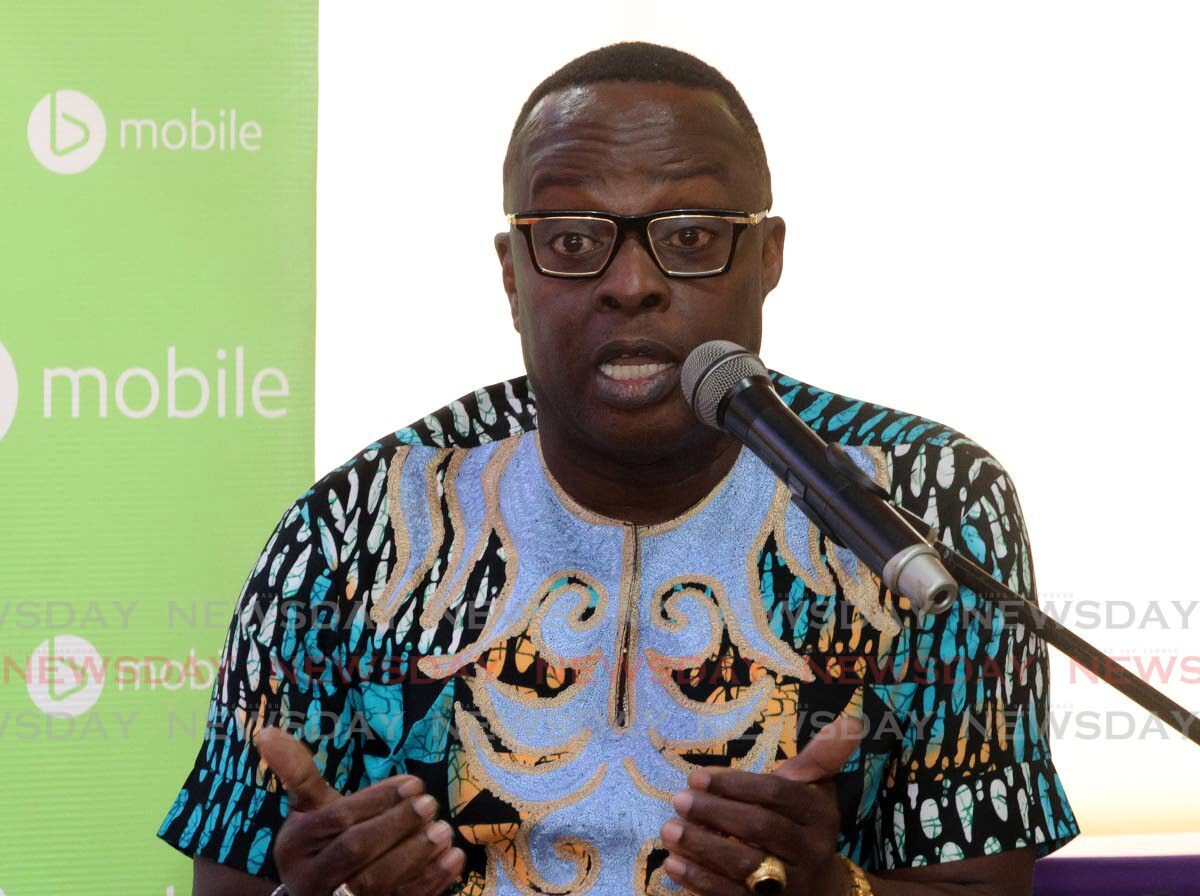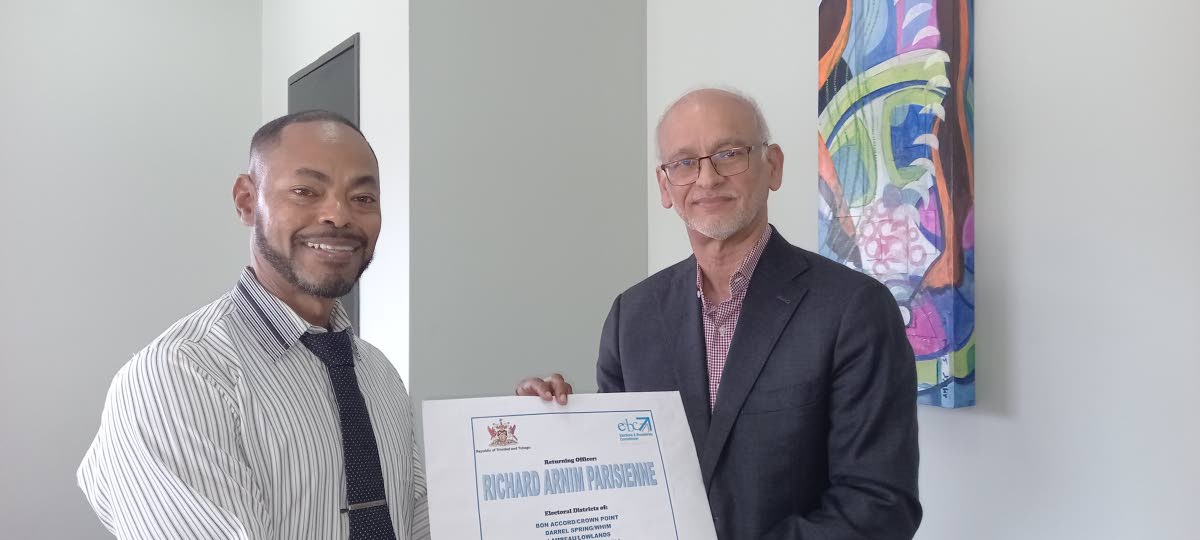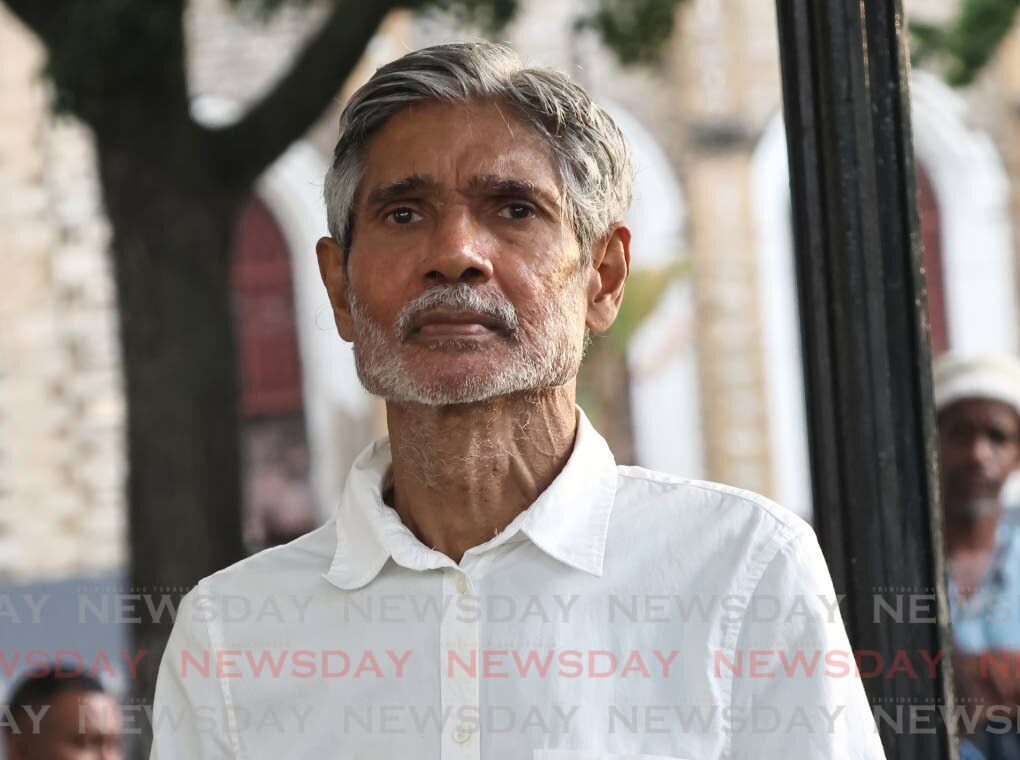Trinidad and Tobago’s Consumer Affairs Division currently lacks legal authority to penalize businesses engaging in price-gouging practices, though comprehensive consumer protection legislation is now in development. This critical gap in enforcement capabilities emerged during a December 5 Joint Select Committee on Finance and Legal Affairs meeting, where officials addressed the nation’s escalating food security challenges and mounting import expenses.
Committee Chair Dr. Marlene Attzs, alongside members Brian Manning and Vishnu Dhanpaul, confronted trade ministry representatives about persistently high grocery prices that continue to burden consumers. When questioned whether tax and duty removals on imported food actually resulted in retail price reductions, Trade Facilitation Director Neville Alexander acknowledged the ministry’s monitoring efforts but confirmed they could only provide guidance rather than enforcement.
“We monitor prices before and after implementation of measures,” Alexander explained. “We inform the public about expected savings from government actions, but ultimately advise consumers to avoid retailers who fail to pass on these benefits—this represents our current approach.”
The absence of legal penalties leaves consumers vulnerable, a concern underscored by Attzs during the proceedings. Candice Hicks, Director of the Legal Unit, revealed that consumer protection legislation featuring a penalty framework is now prioritized at the bill stage. “We’ve placed it at the top of our legislative agenda,” Hicks stated, while noting the ministry cannot control parliamentary timing. The target for completing ministerial preparations is the first quarter of 2026.
Permanent Secretary Abigail Bynoe indicated that implementing enforcement capabilities would necessitate additional staffing and potential restructuring of the division to handle investigations. Meanwhile, agriculture officials provided context for why tax removals don’t always translate to consumer savings. Acting Chief Technical Officer Dr. Ian Mohammed noted importers frequently cite external cost pressures to justify maintaining high prices.
Bynoe presented significant economic data, revealing Trinidad and Tobago’s food import bill stands at US$1.08 billion against exports of approximately US$500 million. She emphasized that many imports constitute essential raw materials for local production, supporting higher value-added manufacturing and foreign exchange earnings through exports. The poultry industry exemplifies this dynamic, where imports of hatching eggs and feed enable both domestic market satisfaction and substantial export value.
The government has established ambitious targets: reducing the food import bill by US$2 billion while increasing exports by US$1 billion. Achieving these goals will require modernizing farming practices, investing in critical infrastructure, improving water management, addressing agricultural crime, and revitalizing strategic agricultural industries through expanded value-added production.
